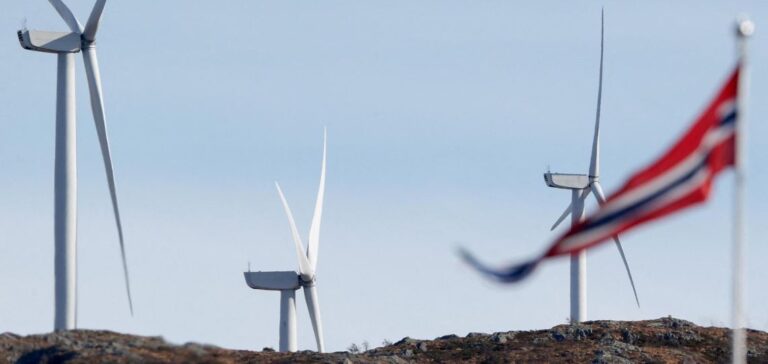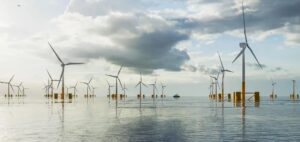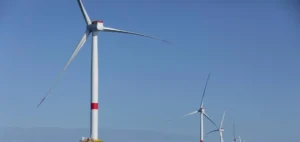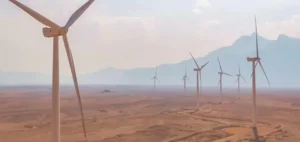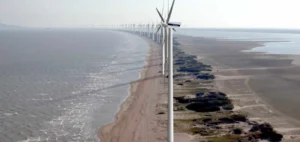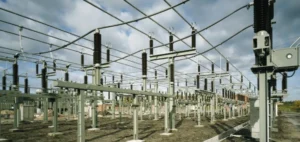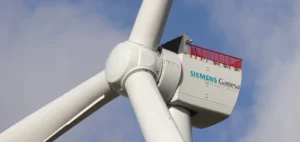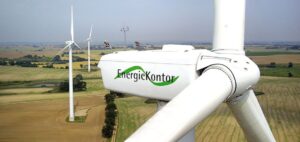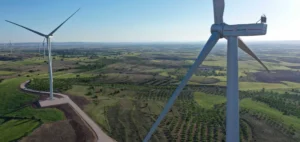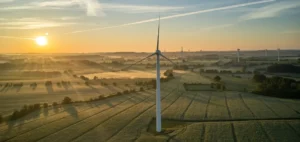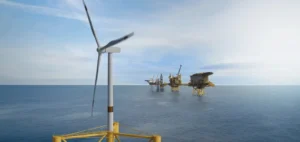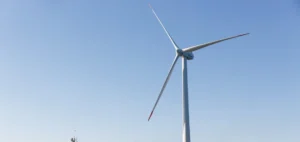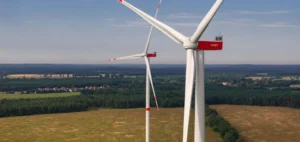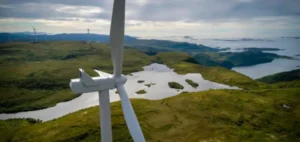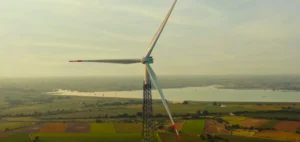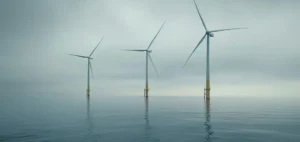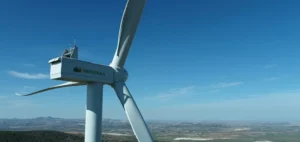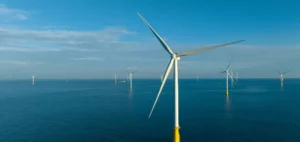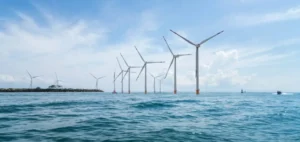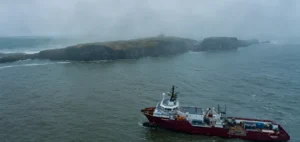The Norwegian government apologized on Thursday, March 2, 2023 to Sámi reindeer herders penalized by wind turbines declared illegal by the courts but still in operation. These wind turbines were built in Fosen, in the west of the country, and violate the right of Sami families to practice their culture, including reindeer husbandry, a right guaranteed by a United Nations (UN) text. While the Norwegian Supreme Court concluded in October 2021 that the permits granted were invalid, it did not rule on the fate of the 151 turbines, which had already been built and are still in operation today.
Sami activists protest against wind turbines
This situation has provoked a vast mobilization of Sami activists, who have been occupying or blocking the access to ministries in Oslo since last Thursday, with the support of the Swede Greta Thunberg. Norwegian police arrested for the first time 12 activists blocking the entrance to the Ministry of Finance as part of a campaign to “shut down the state” as long as the wind turbines remain standing. These Sami activists, in traditional costume, were lifted up one by one and without violence by police officers and taken away in a van amidst joiks, the ancestral song of this minority, or slogans “C.S.V.”, an abbreviation which, in their language, means “show the Sami spirit”. They were later released but are subject to fines.
Breeders worried about their animals
The six ranching families affected by the wind turbines believe that the noise and shape of the turbines frighten their animals, depriving them of their best winter pasture. The government has requested additional expert reports in the hope of finding a compromise solution. According to the Minister of Petroleum and Energy, Terje Aasland, he does not rule out any solution in Fosen, while repeating that his objective remains to find mechanisms to allow the coexistence of wind turbines and reindeer farms.
Apologies crucial to moving forward
The Norwegian government has issued an apology that “is crucial for us to move forward,” according to the Speaker of the Sámi Parliament, Silje Karine Moutka. The apology was presented by the Minister of Oil and Energy, Terje Aasland, at a press conference with the Speaker of the Sami Parliament. The government is now trying to find a compromise solution to allow the coexistence of wind turbines and reindeer farms.

